The label "whole grain" is like a nutritional Golden Ticket when it comes to healthy foods.
"A whole grain is the entire seed—the bran, the endosperm, and the germ. Whole grains contain key nutrients that contribute to satiety and fullness, in addition to extensive health benefits," says registered dietitian Bonnie Taub-Dix, RDN, creator of BetterThanDieting.com, author of Read It Before You Eat It – Taking You from Label to Table. "Many foods contain whole grains, like oatmeal, whole-wheat pasta, and even popcorn."
But going grain-free has become more popular in recent years, and there may be many reasons why someone gives up grains. For example, popular diets like the Paleo Diet and the Whole30 Diet require dieters to go grain-free.
"When grains are given up, that practice generally arises more from a desire to ditch carbs rather than a medical need to avoid them," Taub-Dix says.
But people with certain health conditions may need to go grain-free.
"People with food allergies and/or intolerances or inborn metabolic errors, such as phenylketonuria or celiac disease," says Sandra J. Arevalo, MPH, RDN, CDN, registered dietitian nutritionist and national spokesperson for the Academy of Nutrition and Dietetics.
It may increase risk of cardiovascular disease.
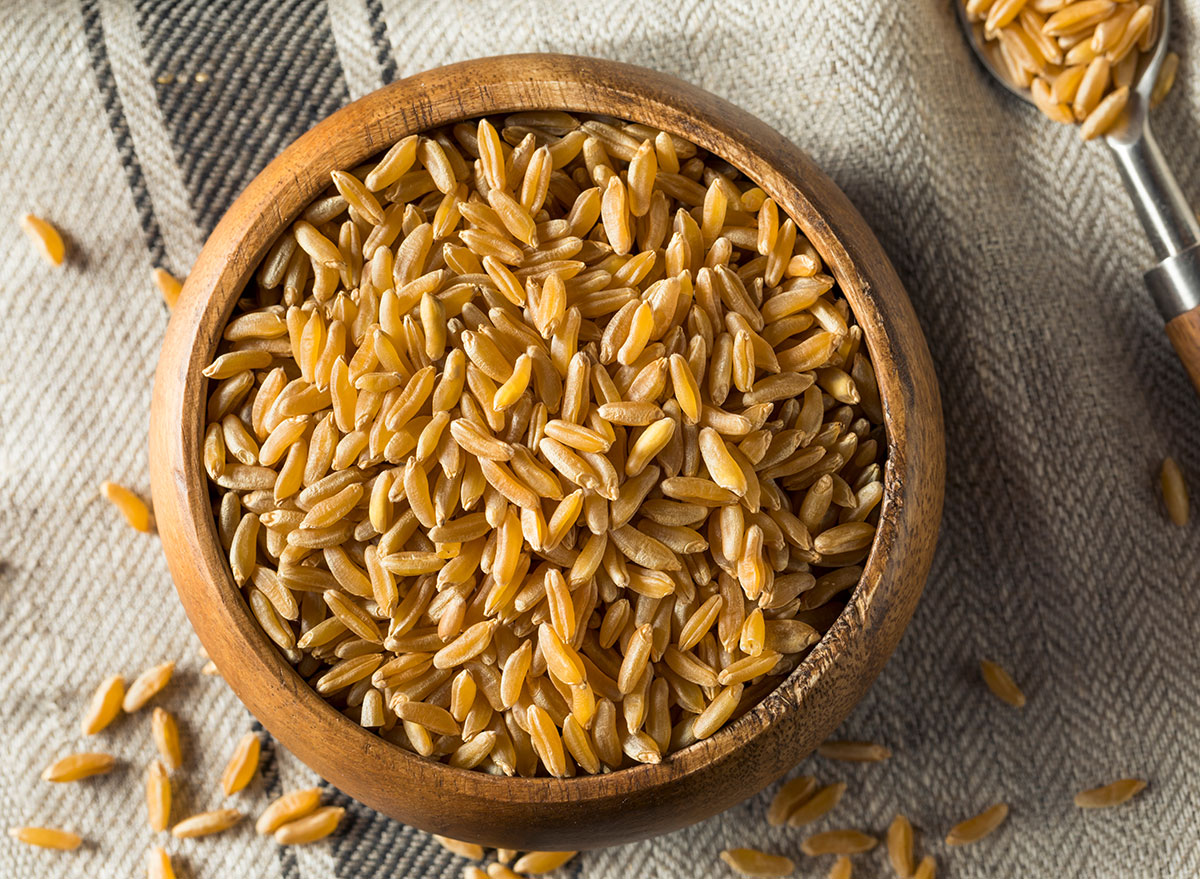
A 2016 BMJ study found that cutting out grains may increase your risk for cardiovascular disease.
"This is due to the lack of dietary fiber that provides important nutrients that help clean antioxidants," Arevalo says.
It could lead to nutritional deficiencies.
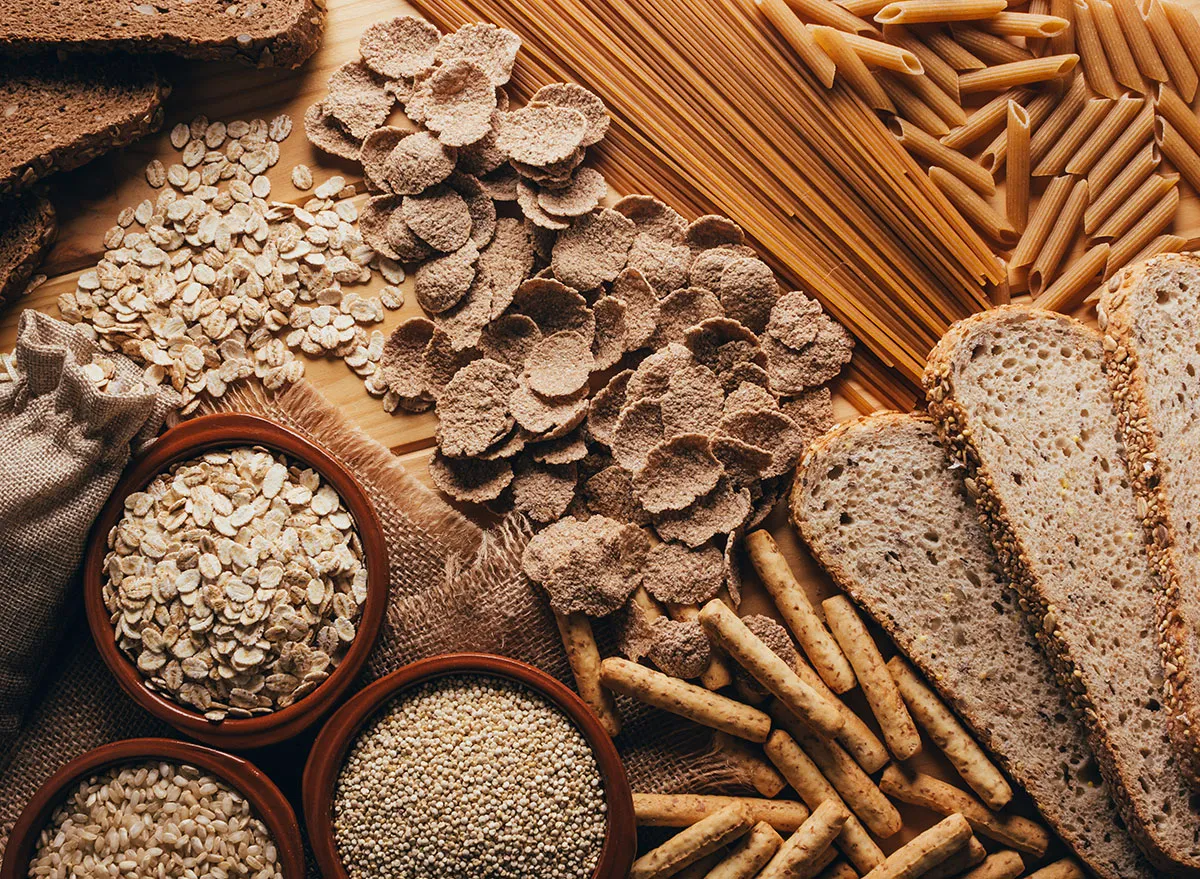
"Whole grains multitask by providing a powerhouse of nutrients like fiber, B vitamins, folate, protein, iron, antioxidants, and much more," Taub-Dix says. "Grains that are enriched can make up for nutrients we may not get in our diets from other foods, like iron. Iron-fortified foods are particularly important for menstruating women."
It may increase your risk for diabetes.

A May 2017 study found that giving up grains may also increase your risk for diabetes.
"The more whole grains you eat, the lower your risk to develop diabetes," Arevalo says.
It could cause constipation.
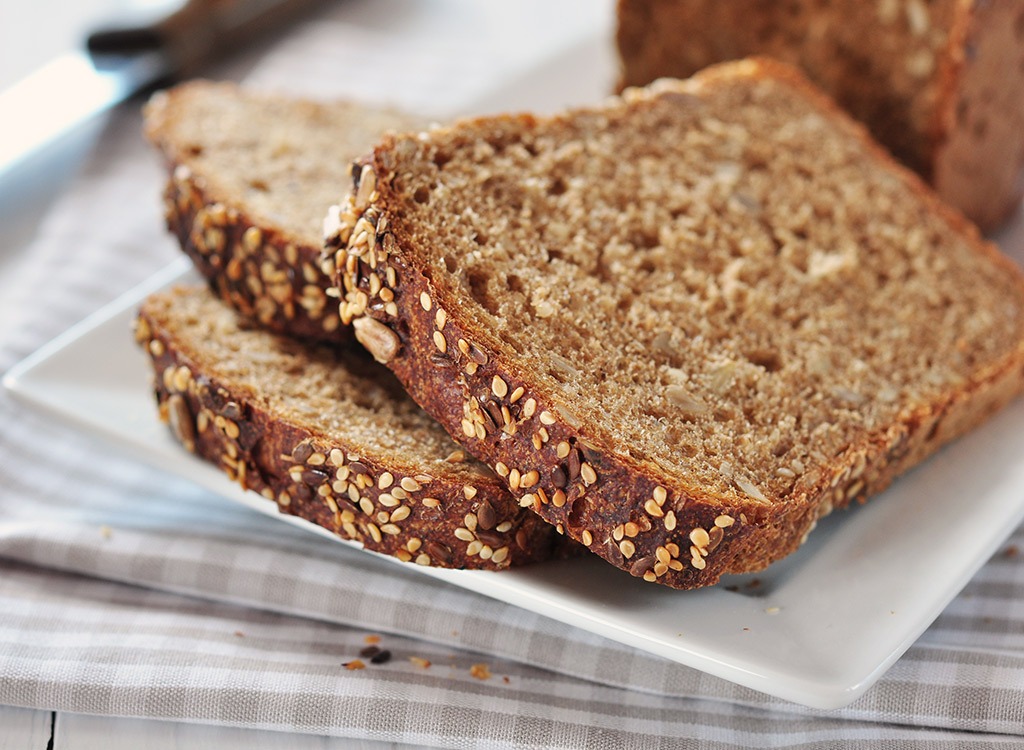
"Giving up grains, particularly whole grains, can lead to constipation, bloat, and gastrointestinal distress," Taub-Dix says. "If you barely eat any grains now, add those that are high in fiber back to your diet slowly, and be sure to pair with fluids—like water or tea—to minimize any side effects. Adding a variety of whole grains will really move you—in a good way!"
It may help manage inflammatory bowel disease (IBD).
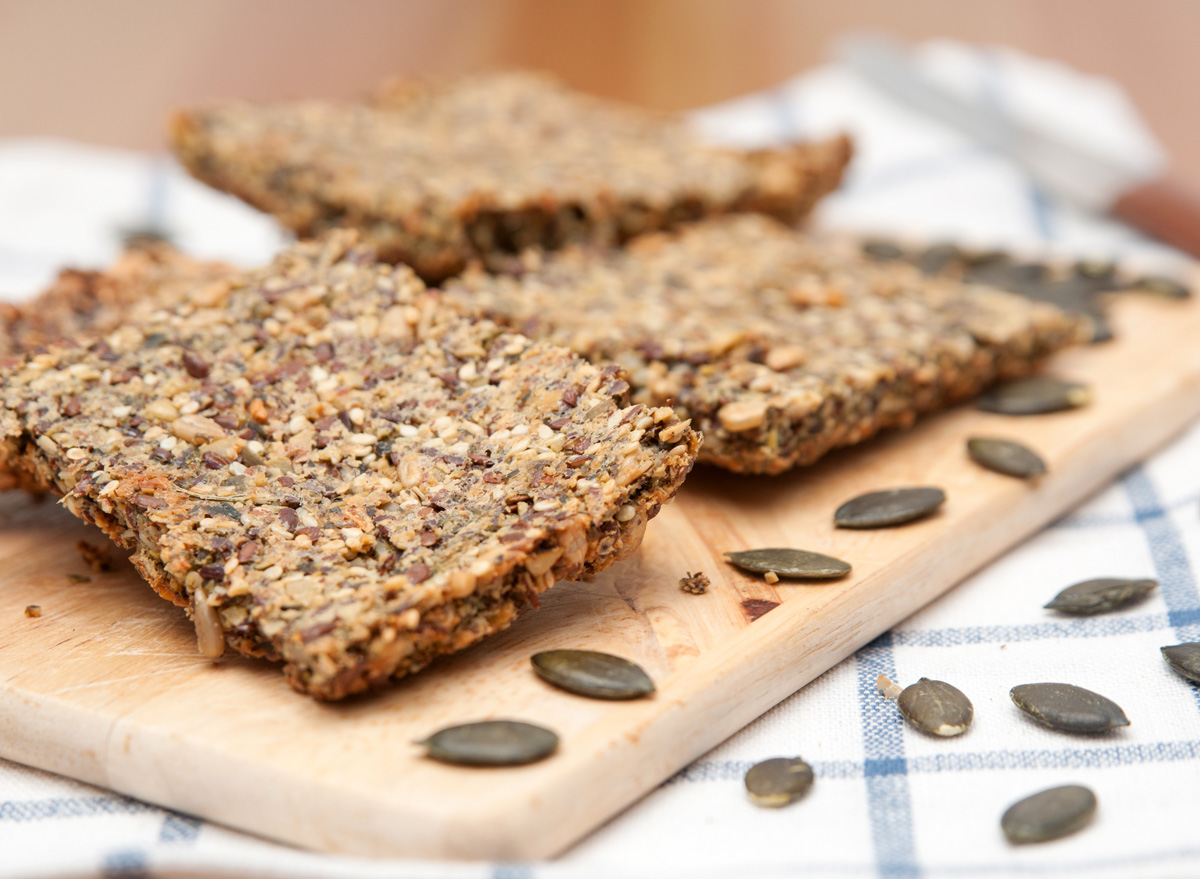
Ninety-two percent of participants who ate the Specific Carbohydrate Diet (a grain-free diet) reported that it helped them stay healthy and in remission from IBS, an August 2015 study in the Journal of the Academy of Nutrition and Dietetics found.
It could lead to weight gain.
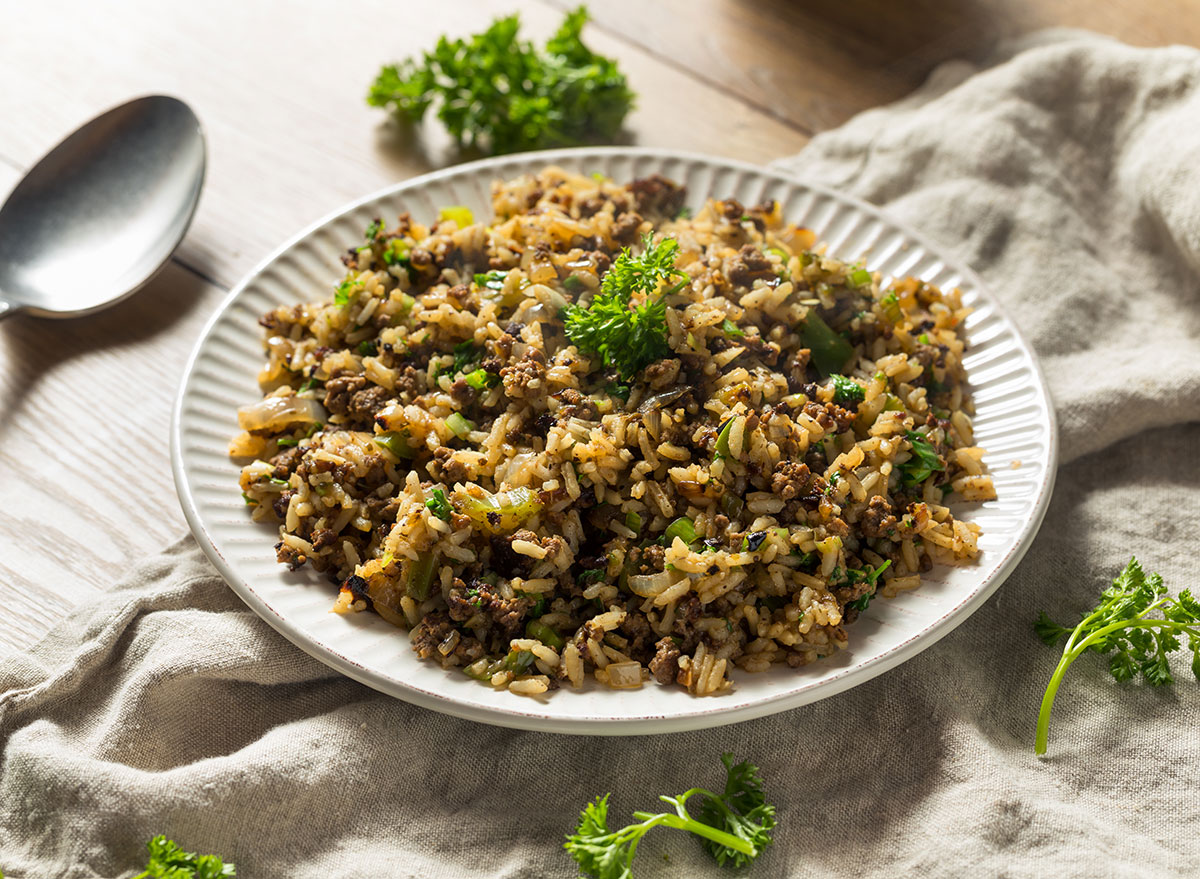
A March 2017 study found that giving up grains could actually lead to weight gain.
"Not eating enough whole grains can help decrease the resting metabolic rate, and thus lower the amount of calories we burn," Arevalo says.
It may increase your inflammation.
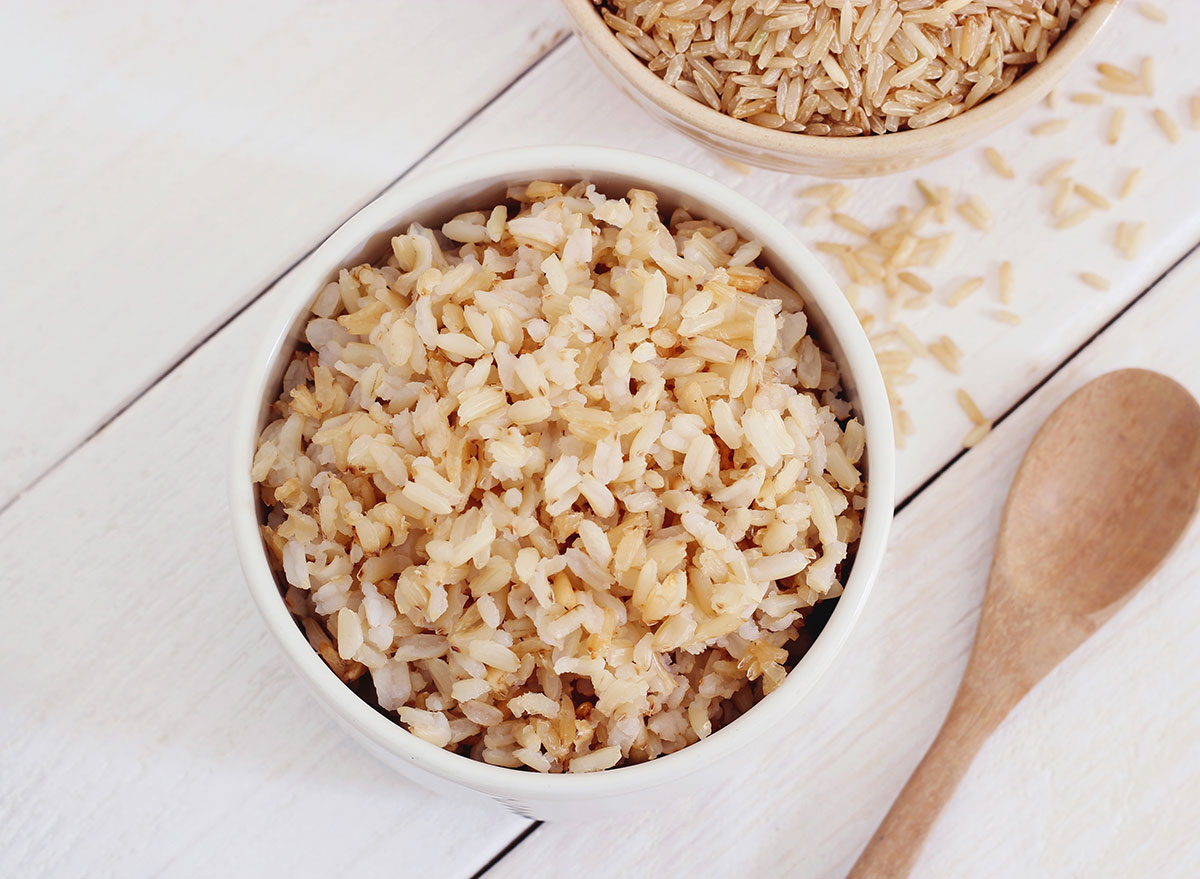
An October 2018 meta-analysis of nine studies found that increasing your intake of whole grains may actually help reduce inflammation. While the study didn't look at the mechanism behind how whole grains can decrease inflammation, the researchers pointed out a few hypotheses: One is that whole-grain products contain phytochemicals that can exert anti-inflammatory. And another is that whole-grain foods contain compounds that are metabolized by the beneficial bacteria in our gut microbiota, which produce short-chain fatty acids (SCFA) that have been linked to decreased levels of low-grade systematic inflammation.
It may impact your immune health.
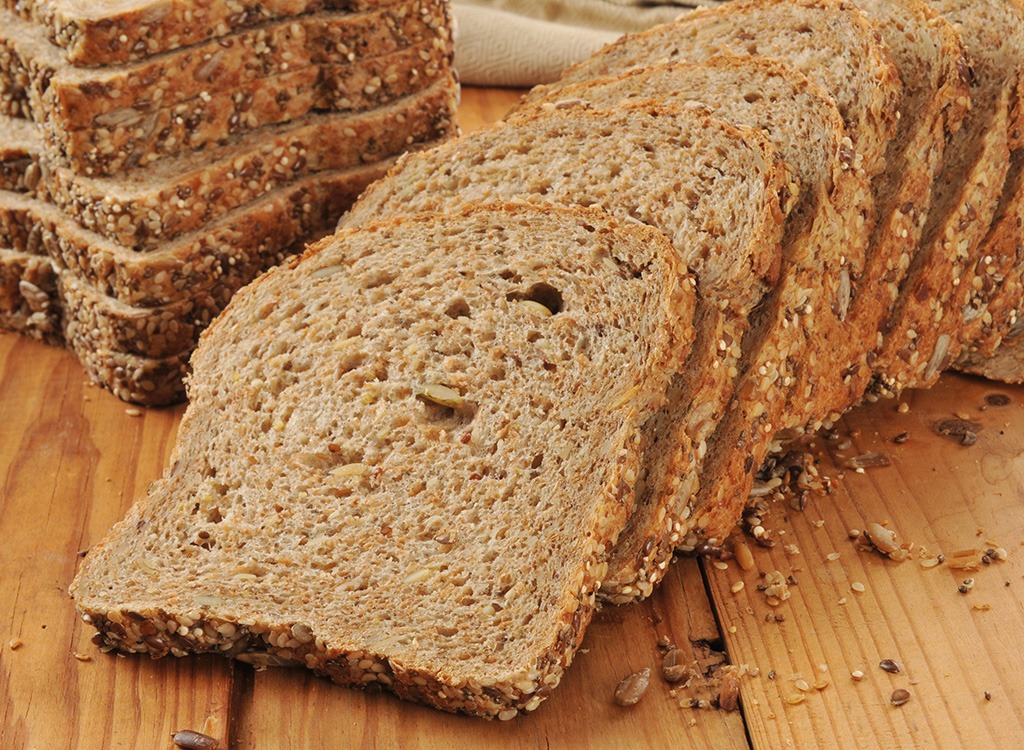
Skipping whole grains may actually cause your immune system to take a hit.
"Whole grains make your gut bacteria (the good ones) smile!" Taub-Dix says. "Science has shown that fiber helps to fuel the microbiome to help us support a healthy immune system."
It may increase your risk of breast cancer.
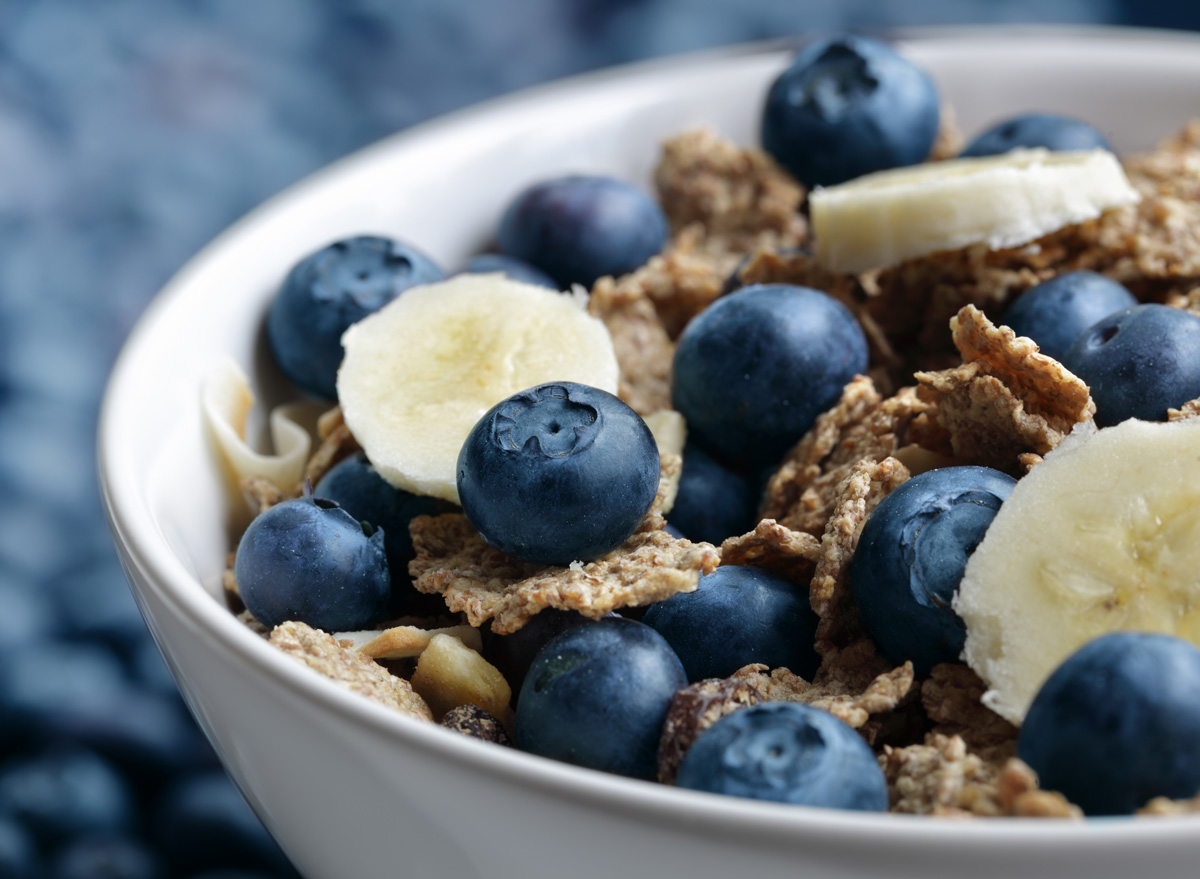
An August 2019 study found that eating whole grains may help prevent breast cancer.
"When your diet lacks whole grains, you are missing out on an important source of bioactive phytochemicals, helpful in the management of each stage of breast carcinogenesis," Arevalo says.
It may benefit those with gluten-related diseases.

Some grains, like whole wheat, are sources of gluten: a protein that can cause digestive discomfort in sensitive individuals. A February 2018 study found that those with gluten-related diseases like celiac disease and gluten sensitivities who stayed on a gluten-free diet, which excludes some grain foods, reported decreased symptoms.
No comments:
Post a Comment